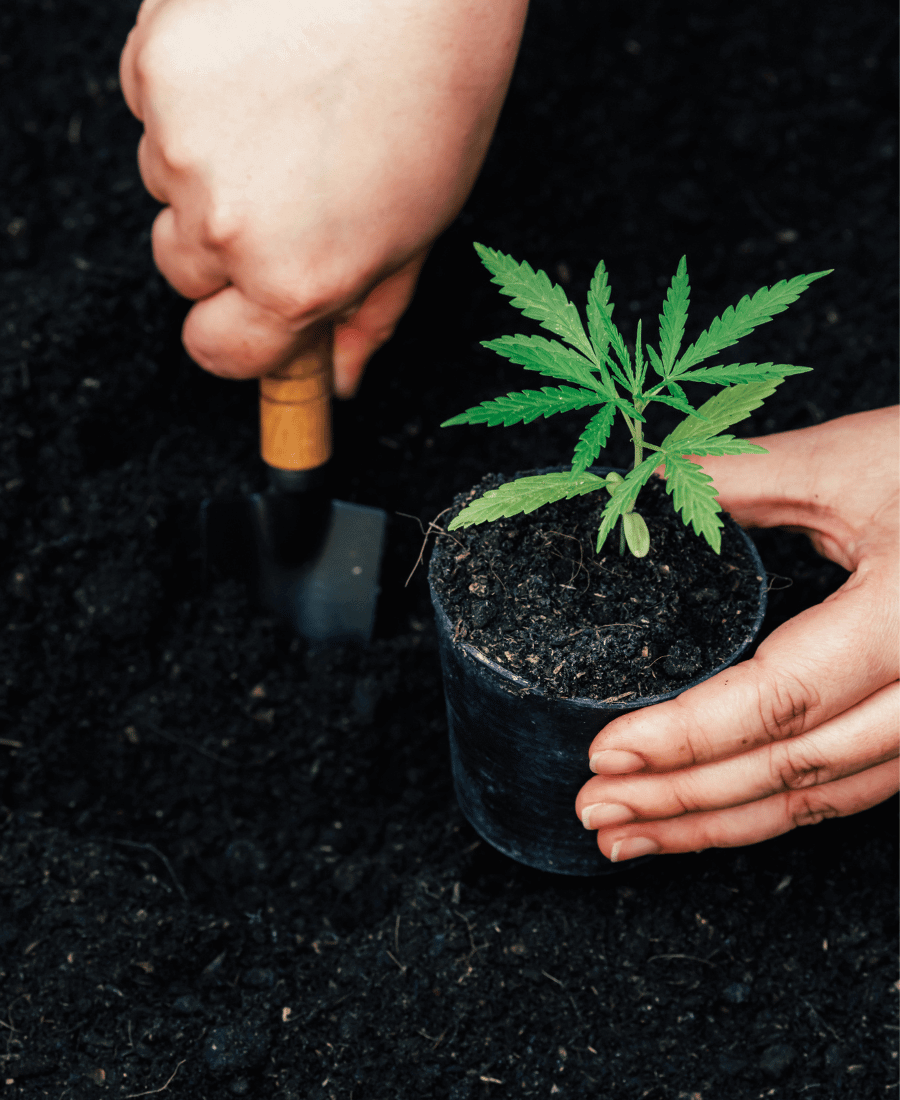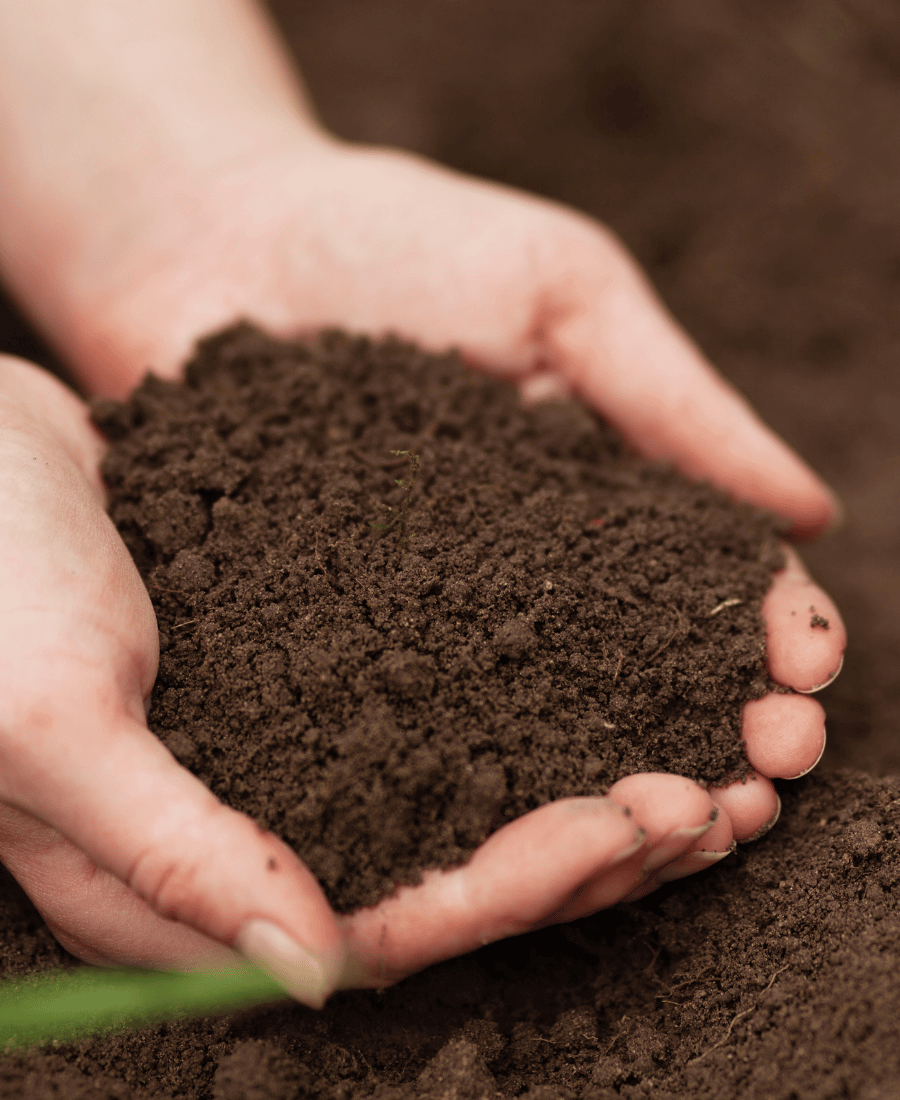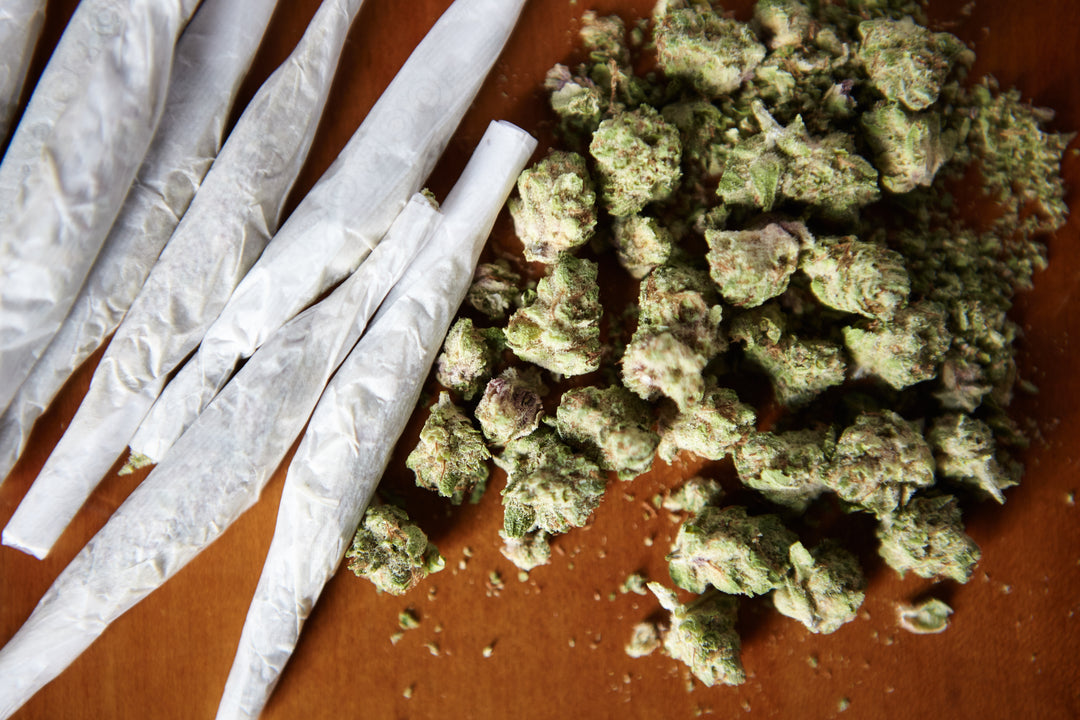F1 Hybrids: An introduction to the basics
F1 hybrids are created by deliberately crossing two genetically different parent plants. The aim is to combine the best characteristics of both parents in the first generation (F1). This results in plants that are particularly resistant, high-yielding and uniform in growth. This method is mainly used in agriculture, horticulture and cannabis cultivation to maximize the performance and robustness of the plants.
F1 hybrid seeds
The quality of F1 hybrids lies above all in the seeds. F1 hybrid seeds produce particularly stable and vigorous plants in the first generation. These seeds have some clear advantages:
-Uniformity: all plants grow uniformly and have similar characteristics.
-Resistance: They are often resistant to diseases and environmental influences.
-High yields: The plants usually produce a particularly high number of fruits or flowers.
However, there is one disadvantage: if you collect seeds from F1 hybrids and sow them again, the next generation often loses these positive characteristics. This is why F1 hybrid seeds usually have to be purchased regularly.

THC content in F1 hybrids: Optimization for cannabis
F1 hybrids are playing an increasingly important role in cannabis cultivation. Through targeted crossbreeding, F1 hybrids can be developed that are not only high-yielding but also particularly high in THC. This results in plants that impress with their potency as well as their resistance to pests and diseases. This makes F1 hybrids particularly attractive for professional growers who want to optimize their harvests.

Advantages and disadvantages of F1 hybrids
Like every breeding method, F1 hybrids also have their advantages and disadvantages. The advantages include
-High yields and uniform growth
-Resistance to many diseases
-Fast growing times, which is particularly interesting for growers
However, there are also some disadvantages:
-Next generation seeds lose quality
-Higher costs for the procurement of F1 hybrid seeds
- The need to regularly buy new seeds, as the offspring often have undesirable characteristics.
F1 hybrid grow: tips for successful cultivation
Growing F1 hybrids requires special attention in order to achieve the best results. As these plants often grow more vigorously and produce larger yields, it is important to provide them with sufficient space, light and nutrients. Here are some tips for successful cultivation:
1.create space: F1 hybrids generally require more space than conventional plants.
2.nutrient supply: Make sure the plants get enough fertilizer and water to reach their full potential.
3.check regularly: keep an eye out for pests or diseases, even though F1 hybrids are often more resistant.
With the right care, maximum yields can be achieved without overtaxing the plants.
What does F1 hybrid mean? The genetic explanation
The term "F1 hybrid" describes the first generation after crossing two homozygous parent plants. This crossing produces plants in the F1 generation that often grow better and are more robust than their parents. These characteristics are the result of heterosis, also known as "hybrid vigor". It means that the offspring are particularly vigorous and high-yielding - but only in the first generation.
Cannabis F1 hybrids: a future in cultivation?
F1 hybrids are particularly popular in cannabis cultivation. They offer breeders the opportunity to develop new varieties that combine various positive characteristics. In this way, cannabis plants can be bred that have both high THC levels and a short flowering time. This flexibility allows breeders to create customized plants for different growing conditions or consumption needs.

F1 hybrid experiences: What do growers report?
Many growers are convinced of the advantages of F1 hybrids. The plants usually grow uniform, resistant and high-yielding. Here are some experiences that are often mentioned:
-High yields with relatively little care
-Resistance to pests and diseases, especially in outdoor cultivation
-Stability in growth, which is particularly advantageous for commercial growers
However, some also report that the need to buy new seeds every year can be a financial disadvantage, especially compared to varieties that are easier to propagate.



